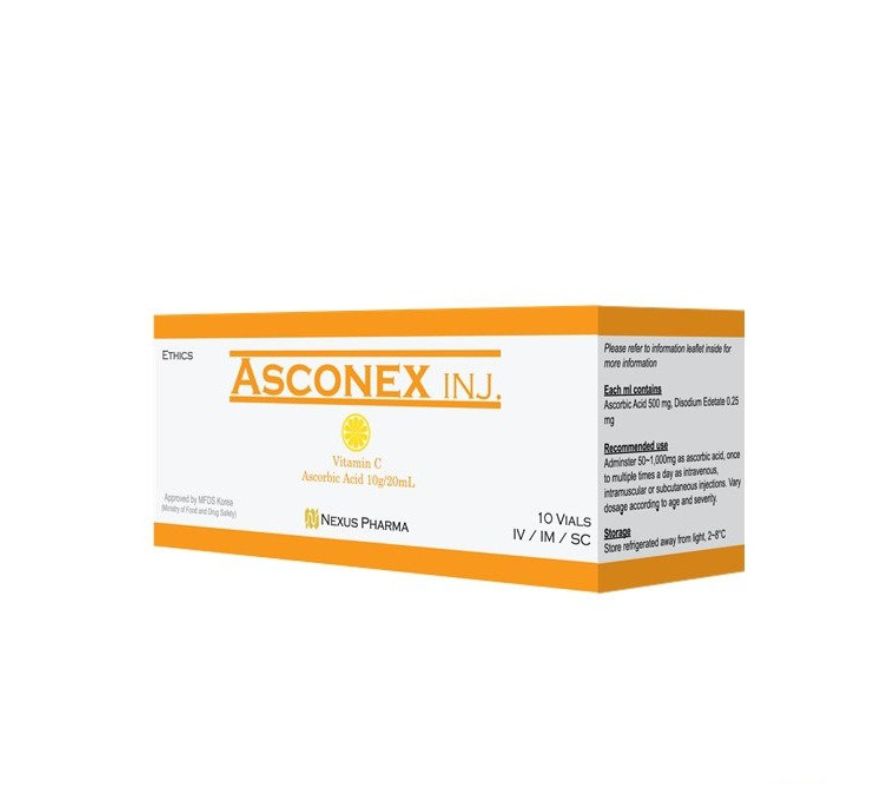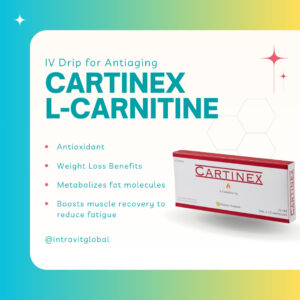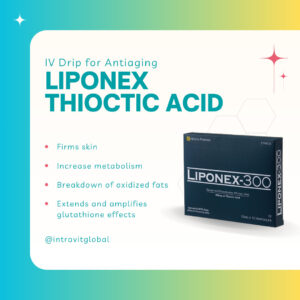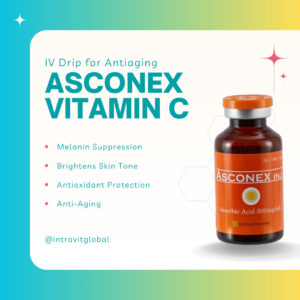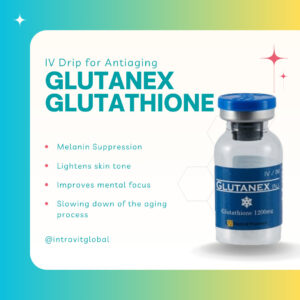Everything You Need to Know About Ascorbic Acid (Vitamin C)
Everything You Need to Know About Ascorbic Acid (Vitamin C)
Introduction
When it comes to maintaining a healthy diet, vitamins play a crucial role. Among these, Ascorbic Acid, commonly known as Vitamin C, stands out for its numerous health benefits. Let’s dive into everything you need to know about this essential nutrient.
What is Ascorbic Acid (Vitamin C)?
Ascorbic Acid, or Vitamin C, is a water-soluble vitamin crucial for various bodily functions. Chemically, it is a simple sugar acid with antioxidant properties. Naturally, it’s found in many fruits and vegetables, making it easily accessible through diet.
History of Ascorbic Acid
The journey of Vitamin C began with its discovery in the 18th century when sailors realized that citrus fruits could prevent scurvy. In the 1930s, Vitamin C was officially identified and synthesized, revolutionizing our understanding of nutrition and disease prevention.
Biological Functions of Ascorbic Acid
Vitamin C is vital for collagen synthesis, which is essential for healthy skin, cartilage, and bones. Its antioxidant properties help neutralize free radicals, protecting cells from damage. Moreover, it boosts the immune system, aiding in the prevention and treatment of various infections.
Health Benefits of Vitamin C
Vitamin C is a powerhouse for skin health, promoting collagen production and reducing signs of aging. It’s also beneficial for heart health, as it helps lower blood pressure and reduce cardiovascular disease risk. Additionally, while it may not prevent the common cold, it can reduce the severity and duration of symptoms.
Recommended Daily Intake
The recommended daily intake of Vitamin C varies by age, gender, and health status. For adults, the average is 65-90 milligrams per day, but this can increase for pregnant or breastfeeding women, smokers, and those under stress.
Signs of Vitamin C Deficiency
Vitamin C deficiency can lead to symptoms like fatigue, swollen gums, joint pain, and skin issues. Populations at higher risk include smokers, individuals with limited food variety, and those with certain medical conditions.
Sources of Vitamin C
Fruits such as oranges, strawberries, kiwi, and guava are rich in Vitamin C. Vegetables like bell peppers, broccoli, and spinach also provide substantial amounts. Fortified foods and dietary supplements are additional sources, ensuring everyone can meet their nutritional needs.
How to Incorporate Vitamin C into Your Diet
Incorporating Vitamin C-rich foods into your diet is simple. Start your day with a glass of orange juice, add bell peppers to your salads, or enjoy a kiwi as a snack. Recipes like a citrus salad or broccoli stir-fry are delicious ways to boost your intake.
Potential Side Effects and Overdose Risks
While Vitamin C is generally safe, excessive intake can lead to side effects such as stomach cramps, nausea, and diarrhea. The safe upper limit for adults is 2,000 milligrams per day, so it’s important to stay within this range.
Vitamin C and Skin Care
Topical Vitamin C is popular in skincare for its anti-aging benefits. It helps reduce wrinkles, brighten skin tone, and protect against UV damage. Many serums and creams incorporate Vitamin C for these reasons.
Vitamin C in Medical Treatments
Beyond daily health, Vitamin C is used in medical treatments, such as improving recovery in cold and flu cases. Research is ongoing into its potential role in cancer treatment and heart disease prevention, showing promising possibilities for the future.
Debunking Common Myths about Vitamin C
Many myths surround Vitamin C, such as its ability to cure the common cold. While it can alleviate symptoms, it’s not a cure. Scientific evidence helps separate these myths from facts, ensuring accurate understanding and usage.
Comparing Natural and Synthetic Vitamin C
Both natural and synthetic Vitamin C are chemically identical, offering the same benefits. However, natural sources provide additional nutrients and fiber, making them slightly more advantageous. Supplements are a good option for those unable to meet their needs through diet alone.
Conclusion
Vitamin C is an essential nutrient with numerous health benefits, from supporting the immune system to enhancing skin health. By understanding its functions, sources, and recommended intake, you can ensure you’re getting enough of this vital vitamin.
FAQs
1. Is it better to get Vitamin C from food or supplements?
It’s best to get Vitamin C from food, as it provides additional nutrients and fiber. However, supplements are useful if you can’t meet your needs through diet alone.
2. Can Vitamin C cure the common cold?
While Vitamin C can reduce the severity and duration of cold symptoms, it doesn’t cure the common cold.
3. How long does Vitamin C stay in your system?
Vitamin C stays in your system for a few hours to a day, as it is water-soluble and excreted in urine.
4. Are there any interactions between Vitamin C and medications?
Yes, Vitamin C can interact with certain medications like blood thinners and chemotherapy drugs. Consult your doctor before starting supplements.
5. Can you take Vitamin C on an empty stomach?
Yes, Vitamin C can be taken on an empty stomach, but some people may experience mild stomach upset. It’s often recommended to take it with food.
Checkout our Facebook Page and leave your review about our Health Care Products.
Related Products
-
Vitamin Drips
Cartinex L-Carnitine for Antiaging, Antioxidant and Weight Loss Benefits
Rated 0 out of 5£10.00 – £70.00 Select options This product has multiple variants. The options may be chosen on the product page -
Vitamin Drips
Liponex Thioctic Acid Lipoic Acid IV Drip for Antiaging, Melanin Suppression, Antioxidant and Skin Brightness Benefits
Rated 0 out of 5£12.00 – £75.00 Select options This product has multiple variants. The options may be chosen on the product page -
Vitamin Drips
Asconex Vitamin C (Ascorbic Acid) IV Drip for Antiaging, Melanin Suppression, Antioxidant and Skin Brightness Benefits
Rated 0 out of 5£10.00 – £70.00 Select options This product has multiple variants. The options may be chosen on the product page -
Vitamin Drips
Glutanex Glutathione 1200mg IV Drip for Antiaging, Melanin Suppression, Antioxidant Skin Brightness Benefits
Rated 0 out of 5£20.00 – £120.00 Select options This product has multiple variants. The options may be chosen on the product page
-
Vitamin Drips
Cartinex L-Carnitine for Antiaging, Antioxidant and Weight Loss Benefits
Rated 0 out of 5£10.00 – £70.00 Select options This product has multiple variants. The options may be chosen on the product page -
Vitamin Drips
Liponex Thioctic Acid Lipoic Acid IV Drip for Antiaging, Melanin Suppression, Antioxidant and Skin Brightness Benefits
Rated 0 out of 5£12.00 – £75.00 Select options This product has multiple variants. The options may be chosen on the product page -
Vitamin Drips
Asconex Vitamin C (Ascorbic Acid) IV Drip for Antiaging, Melanin Suppression, Antioxidant and Skin Brightness Benefits
Rated 0 out of 5£10.00 – £70.00 Select options This product has multiple variants. The options may be chosen on the product page -
Vitamin Drips
Glutanex Glutathione 1200mg IV Drip for Antiaging, Melanin Suppression, Antioxidant Skin Brightness Benefits
Rated 0 out of 5£20.00 – £120.00 Select options This product has multiple variants. The options may be chosen on the product page

